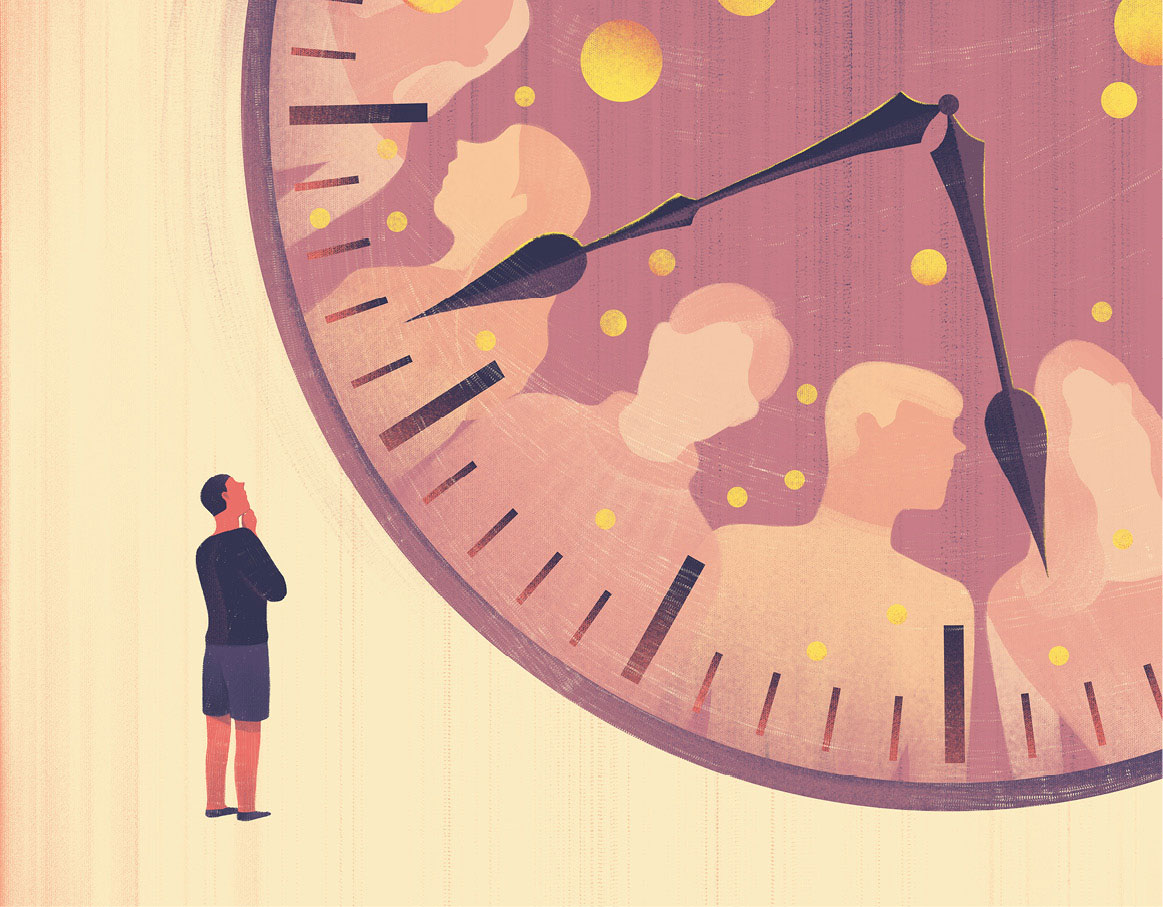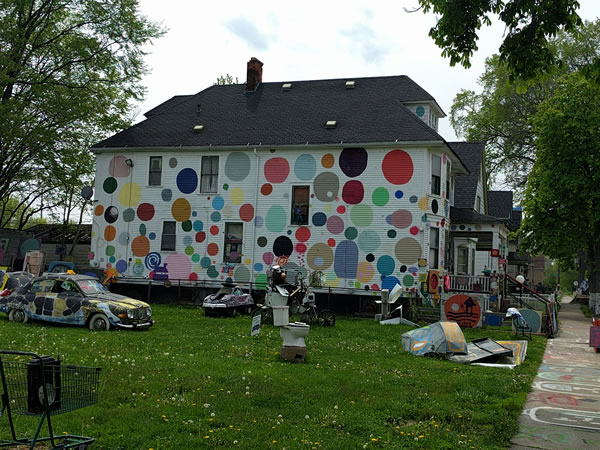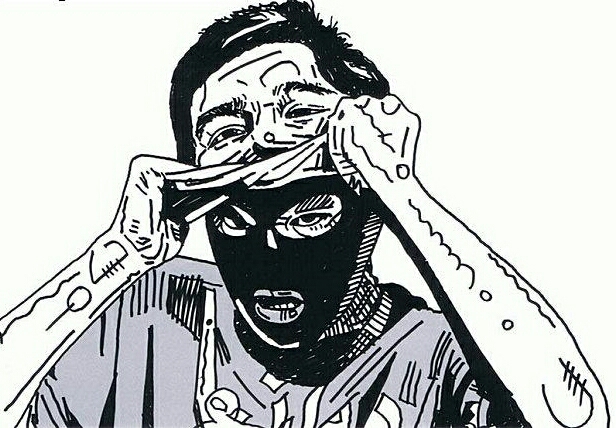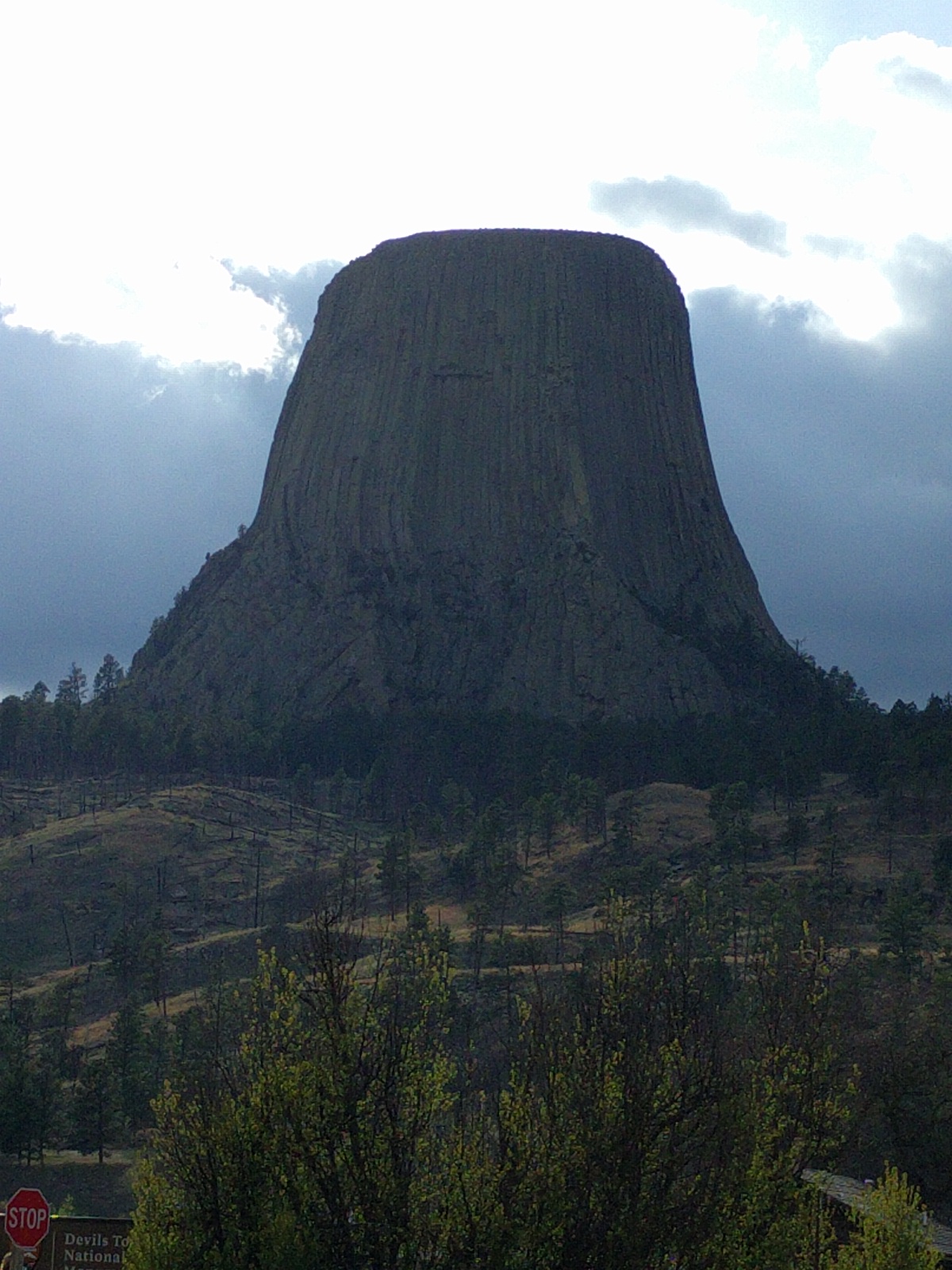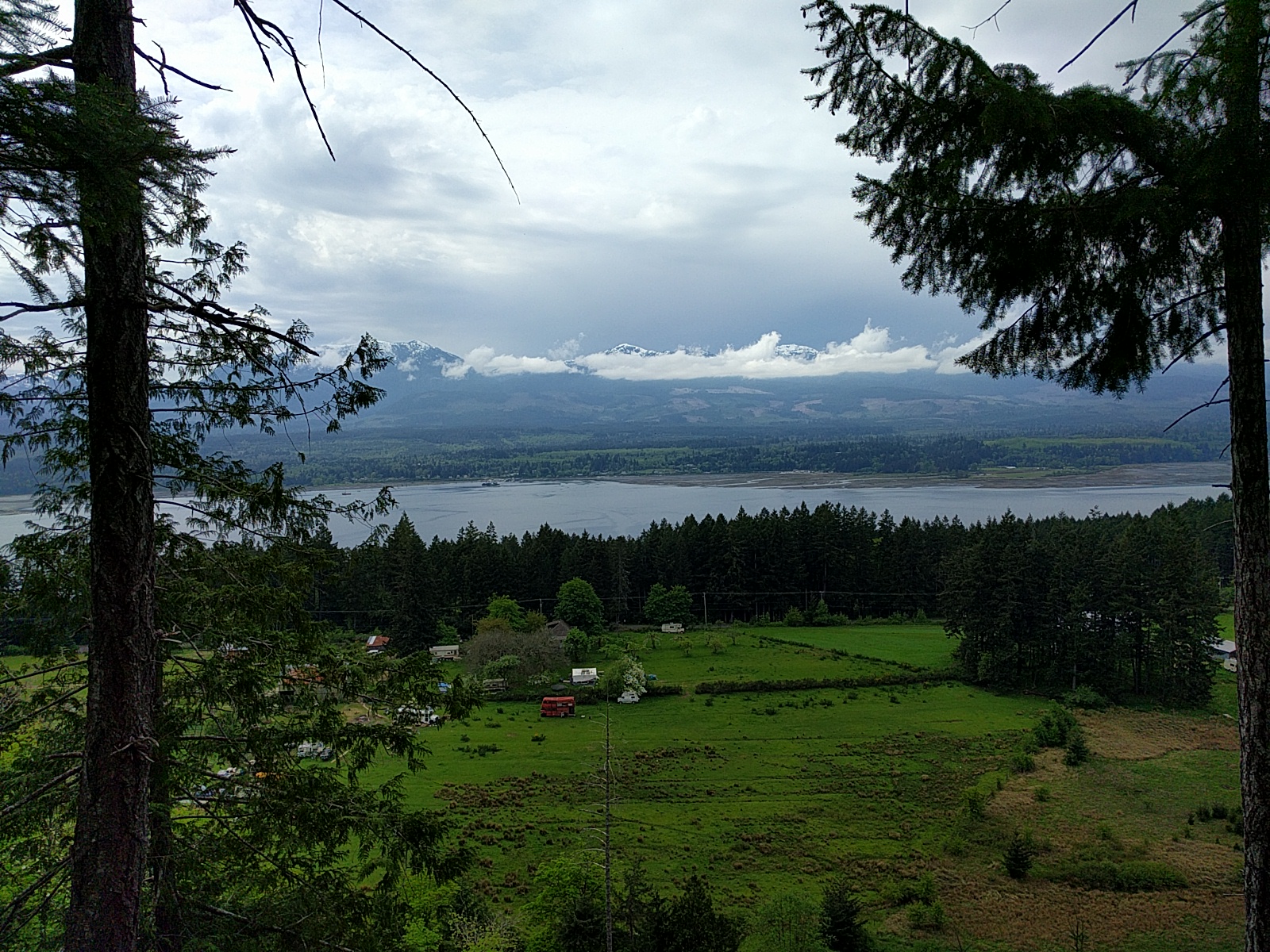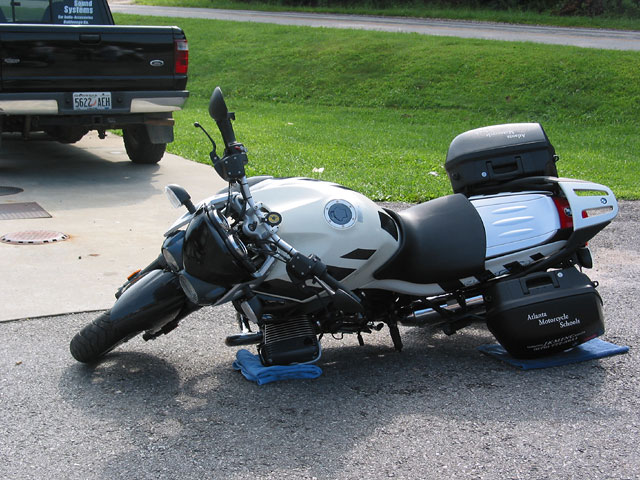on our minds
On our minds this weekend: The possibility of infoshops!
In the 1990s the US attempted to emulate the infoshop movement of Europe. Over the next decade dozens of places to read, discuss, and meet opened and closed. The logistics of keeping radical space open in big and small cities, the exhaustion of being unpaid providers of socials services, and the internet have changed what it means to have space and meet face to face. Our infoshops today have to answer different questions than before.
The Base in Brooklyn NY has quite a few listing for direct action training including first aid, several different kinds of fighting (both self-defense, gender determined, and others). This evolution of the traditional infoshop towards a more specifically direct action training center is greatly encouraging and appreciated.
editorial
One of the stories I like to tell is about the first and second wave of anarchism. The first is the glorious story about a Beautiful Idea that involved the conscious acts of the working class striving together towards a better world that died on teh fields of Catalon in 1937. The second wave was an attempt to be realistic by demanding the impossible and was seen on the streets of Paris & Chicago in 68 and in Northern Italy in the following years.
If one were to quantify these two stories as I am now one could say that the first wave of anarchism envisioned a revolution that could save the human race. The second wave aspired to something akin to an insurrection, still a grand re-evaluation of the way we lived, but perhaps the scale of a city or town and not the whole of society.
This week these two anarchisms were confronted with a new vision of anarchism. One we’ve seen glimpses of in both of the first but that I’d like to evaluate on its own terms. In some ways this new kind of anarchist practice is a return to DIY or do-it-yourself politics with an anarchistic gloss. In some ways it exemplifies the kind of prefigurative politics associated with Bookchin and his contemporaries. Finally it represents a fascinating threat against internet shit talkers and do-nothingists…
I present you the Portland Anarchist Road Care group
The concept is simple. Portland Oregon has shitty roads and the state is, at the very least, slow to do anything about it. Direct Action means do the things that directly impact your life regardless of their legality or whether specialists dominate the terrain. Quikrete is inexpensive (about $15) commercial grade black top repair (also called asphalt cold patch). From the pictures on their facebook group they used little more than a jackhammer with an attachment to tamp down the asphalt. They dressed in bloc, took some pictures of themselves, and wrote their communique.
“Successful preliminary action today. We patched 5 potholes on SE Salmon, between 37th and 39th. We will observe them over the following days and weeks to see how lasting our patches are.”
Beyond the social media storm about this action is a host of interesting anarchist conversations. Before getting to them it is worth saying that this is the perfect anarchist moment. Soon there will be interviews, exposes, and more details about PARC but for now we only have their simplist of statements about themselves.
“Because we believe in building community solutions to the issues we face, outside of the state. Because society portrays anarchists as only breaking windows and blocking roads. Because when faced with anarchism as a political theory, statest often ask “But who will fix the roads.” Because the city of Portland refuses to adequately repair roads in a timely manner.
We are Portland Anarchist Road Care. We believe in community oriented direct action. We believe the state cares more about funding a militarized police force to suppress free speech than caring for and repairing the roads.
The city of Portland has shown gross negligence in its inadequate preventative care through this winter’s storms, and through its slow repair of potholes as weather has improved. Daily, this negligence is an active danger to cyclists and causes damage to people’s automobiles, and an increased risk of collision and bodily injury.
Portland Anarchist Road Care aims to mobilize crews throughout our city, in our neighborhoods, to patch our streets, build community, and continue to find solutions to community problems outside of the state.”
For whatever other criticm I, or anyone else, makes of their action they have made the anarchist case simply and clearly here. More importantly they have demonstrated a nearly perfect insurrectionary action. They could never repair another pothole again and this project could be considered a success because they demonstrated how easy it is for nearly anyone to fix their own potholes.
Up to now I’ve been quite reticent to consider that the second wave of anarchism, what could be called the post-revolutionary wave, or even the insurrectionary wave, may be receeding. I’m still not quite there but the idea of anarchists using insurrectionary methods to create a group that does community repaired potholes seems like a first step towards something new. Clearly I don’t care two bits for the PARC project on its face but anarchists that no longer think and talk big and instead put on some boots and do something that mostly isn’t for their own benefit but is. I don’t know what to think about that.
Sure this is a small and furtive effort but, among other things, this action challenges our preconceptions about whether our project should be entirely negative. Even if they did a shitty job in repairing their local road they made as good as an effort as food not bombs makes at feeding people, the black bloc does at being heard by the body politic, or anarchist theorists do at being heard telling people to demand freedom. What is creative about PARC isn’t their answer to the age old question about who will fix the roads but the fact that they took the punchline and made it theirs. Filling five potholes is a more serious intervention into the question of contemporary anarchist practice than 1000 comments on anarchist news.
